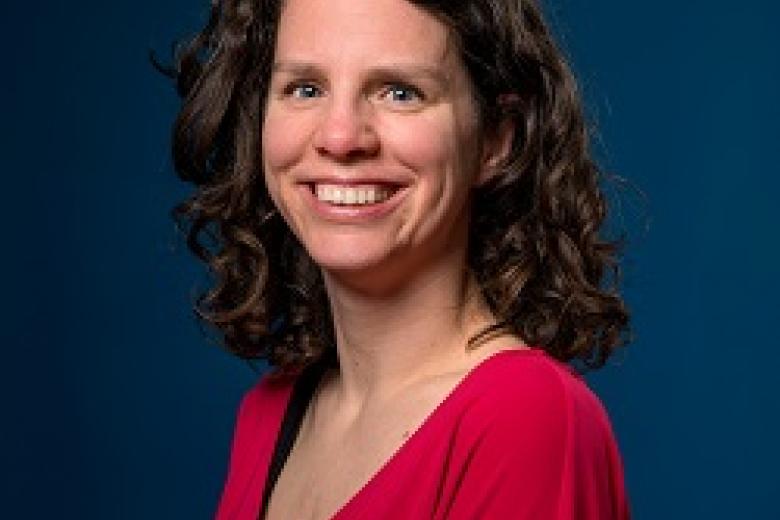One year Diversity & Inclusivity: Achievements and plans
Diversity Officer Dr. Constance Sommerey has had a very busy year. Since her appointment in January 2018, quite a lot has happened. That is exactly what Maastricht University (UM) wanted: measure and increase diversity and inclusivity. Make UM a place where teams are created that allow their members to perform at their best. And where everyone works happily in a safe environment. Are we on the right track? Constance Sommerey is convinced we are.
Close the gender gap
“Initiatives came from all over,” says the UM Diversity Officer. “For example, about a year ago two female academics presented an idea to Rector Rianne Letschert: a network for women at UM. Two other women came with the same proposition and I got the opportunity to bring all four together. They wrote a proposal for a UM Diversity and Inclusivity Grant and they got it. On 13 November 2018, in a full house eight female UM academics launched the Female EMpowerment Maastricht University network: FEM. The network wants to strengthen the position of women at UM, promote female leadership, and work towards a culture of gender equality and diversity. The board of FEM aims its activities at all UM staff members, regardless of gender and nature of the job (support and academic). FEM provides training, information, mentoring and networks. FEM offers links to important information regarding administrative rights and procedures, and professional opportunities.
Wide inclusivity
“To me, diversity is not a goal in itself,” says Constance Sommerey. “It is part of a general inclusivity in which teams are formed in such a way that all team members thrive and work in a safe environment. That is why inclusivity is an integral part of our Sustainable Employability Monitor. The information we gather from that monitor shows which groups can experience problems at UM. Together with representatives from these groups, we will use the results to create a better work environment at UM. Diversity and inclusivity are definitely not just about gender. It is about religion, sexual preference, origin and disabilities. Sometimes I am truly shocked when I hear that certain groups are still confronted with prejudices in their daily lives. But let’s be honest with each other: we are all biased, consciously or unconsciously. It is for good reason that the theme of the upcoming Diversity Day on 14 March is Disarming Bias. On that day, we want to talk with as many UM students, staff members and alumni as possible about bias in ourselves and in others, and the way to deal with it.”
Collaboration and life-phase friendliness
2018 was a good year for Diversity & Inclusivity. One example is the launch of the UM Pride LGBT+ Network for students and staff members of UM. Or ACMUS, the Afro-Caribbean Maastricht University Student group that recently started. End of 2018, the Female Leadership Forum in collaboration with Medtronic presented an interesting and inspiring afternoon for women at UM and in business. There were a lively discussion and workshops with female key figures. “But there will be more,” according to Constance Sommerey. “Soon we will be the first Dutch university with the hallmark Life-phase friendly. That is because UM is going to collaborate with the company Berufundfamilie, which screened most German research universities and universities of applied science and advised them regarding work-life balance. A great opportunity to approach themes such as work pressure, work/study satisfaction and inclusivity under one big umbrella. And very important: do not forget to submit a proposal for the Diversity & Inclusivity grants van 2019.”
Also read
-
PhD research shows impact of aggression on staff and patients in forensic care
Nienke Verstegen, researcher at De Forensische Zorgspecialisten, has conducted research on aggression within forensic care and its impact on patients and staff. On July 6, 2023, she will receive her PhD from Maastricht University with her dissertation ' Hurt people hurt people. Characteristics and...
-
No evidence of brain damage caused by severe COVID-19
Patients admitted to hospital due to a severe COVID-19 infection exhibit no evidence of brain damage caused by the disease. This is the conclusion of an extensive study led by Maastricht University.
-
Cold shivers?
Due to the Western lifestyle with a high fat diet combined with little exercise, more and more people in the Netherlands are overweight or even obese. This causes an increased risk of type II diabetes. What can be done about this besides a healthier lifestyle? The answer comes from an unexpected source...